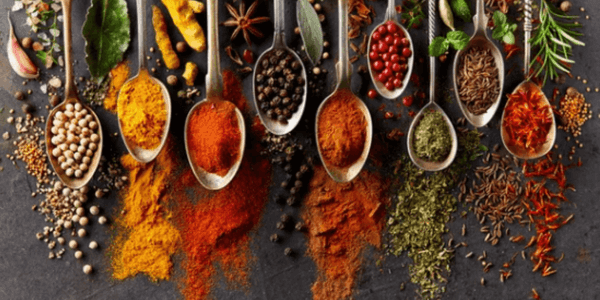In this blog post, we’re diving into a simple yet highly effective solution for managing stress—an age-old remedy that can bring your stress levels down to a manageable level with just one cup a day. But before we get to that, let’s explore why this solution works.
Now, let’s be clear right from the start—reducing your stress to absolute zero isn’t a healthy or sustainable goal. Some stress is natural and even beneficial, such as the stress your body experiences during exercise, which makes you stronger. However, chronic, unrelenting stress can wreak havoc on your organs, and we’ll touch on that briefly.
- The Immune System: When stress hits, your body’s stress-response system kicks into action, releasing cortisol. Cortisol helps your body adapt to stress, but it can also suppress your immune system, making you more vulnerable to infections. You’ve probably noticed that people often get sick when they’re stressed—there’s a connection.
- The Digestive System: Stress can lead to issues in your digestive system. It can cause ulcers, GERD (gastroesophageal reflux disease), gastritis, and more. This happens because stress flips the switch on your digestive system’s parasympathetic nervous system, effectively shutting it down. Digestion becomes difficult when you’re under stress.
As a side note, stress depletes your body of important nutrients like vitamin B1, calcium, potassium, and hydrogen ions (pH regulators). Oddly enough, stress makes your body more alkaline, not acidic, which can lead to symptoms like muscle twitching, hyperventilation, cramping, and anxiety.
- The Heart: Stress affects your heart by increasing blood pressure, heart rate, and constricting coronary arteries. It can also convert fats, proteins, and ketones into sugar, potentially leading to diabetes. Excess cortisol can lead to belly fat, as your liver becomes fatty, spilling over into the abdominal area. It also tightens your muscles, leading to muscle spasms.
- The Lungs: High cortisol levels can lead to hyperventilation, causing you to feel like you’re not getting enough oxygen when, in fact, you’re getting too much. This results in an inability to absorb oxygen effectively in your tissues. Stress can exacerbate conditions like asthma and panic attacks.
- The Brain: Chronic stress can harm certain parts of your brain, affecting your sleep and circadian rhythms. GABA, a neurotransmitter, plays a crucial role in managing cortisol levels. Stress can deplete GABA, leading to excessive cortisol production.
So, what’s the remedy to this cortisol cascade? Lemon balm tea. It inhibits GABA breakdown, increasing GABA levels, which effectively shuts off cortisol production.
Lemon balm tea is a simple yet potent solution. Sip on a cup in the morning, another in the afternoon, and maybe one more later in the day. It contains phytonutrients that boost GABA and promote tranquility, elevating your mood and reducing anxiety and depression.
In a study, lemon balm led to full remission of anxiety in 70% of participants and significantly improved sleep in 85% of those with insomnia. It’s not just a stress-buster; it’s a natural mood enhancer with an array of health benefits.
So, if you’re looking for a simple, quick, and cost-effective way to reduce stress and elevate your well-being, make lemon balm tea a part of your daily routine. Experience the soothing effects of tranquility and take a step towards a stress-free life.
